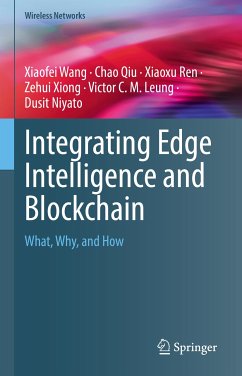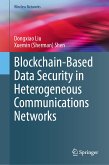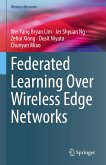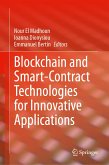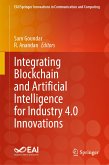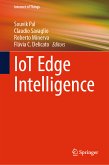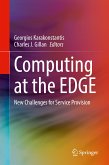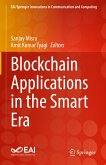Xiaofei Wang (xiaofeiwang@tju.edu.cn)is currently a Professor with the Tianjin Key Laboratory of Advanced Networking, School of Computer Science and Technology, Tianjin University, China. He got master and doctor degrees in Seoul National University from 2006 to 2013, and was a Post-Doctoral Fellow with The University of British Columbia from 2014 to 2016. Focusing on the research of social-aware cloud computing, cooperative cell caching, and mobile traffic offloading, he has authored over 140 technical papers in the IEEE JSAC, the IEEE TWC, the IEEE WIRELESS COMMUNICATIONS, the IEEE COMMUNICATIONS, the IEEE TMM, the IEEE INFOCOM, and the IEEE SECON. In 2017, he received the "Fred W. Ellersick Prize" from the IEEE Communication Society.
Chao Qiu (chao.qiu@tju.edu.cn) is currently a Lecturer in the School of Computer Science and Technology, College of Intelligence and Computing, Tianjin University. She received the B.S. degree from China Agricultural University in 2013 in Communication Engineering and the Ph.D. from Beijing University of Posts and Telecommunications in 2019 in Information and Communication Engineering. From September 2017 to September 2018, she visited Carleton University, Ottawa, ON, Canada, as a Visiting Scholar. Her current research interests include edge computing, edge intelligence, and blockchain.
Xiaoxu Ren (xiaoxuren@tju.edu.cn) received the B.S. degree in College of Science from Inner Mongolia University of Technology, China in 2016. She is currently pursuing the Ph.D. degree in College of Intelligence and Computing, Tianjin University, Tianjin, China. Her current research interests include machine learning, edge intelligence, and blockchain.
Zehui Xiong (zehui_xiong@sutd.edu.sg) is currently an Assistant Professor in the Pillar of Information Systems Technology and Design, Singapore University of Technology and Design. Prior to that, he was a researcher with Alibaba-NTU Joint Research Institute, Singapore. He received the PhD degree in Nanyang Technological University, Singapore. He was the visiting scholar at Princeton University and University of Waterloo. His research interests include wireless communications, network games and economics, blockchain, and edge intelligence. He has published more than 150 research papers in leading journals and flagship conferences and many of them are ESI Highly Cited Papers. He has won over 10 Best Paper Awards in international conferences and is listed in the World's Top 2% Scientists identified by Stanford University. He is now serving as the editor or guest editor for many leading journals including IEEE JSAC, TVT, IoTJ, TCCN, TNSE, ISJ, JAS. He is the recipient of IEEE TCSC Early Career Researcher Award for Excellence in Scalable Computing, IEEE TEMS Technical Committee on Blockchain and Distributed Ledger Technologies Early Career Award, IEEE CSIM Technical Committee Best Journal Paper Award, IEEE SPCC Technical Committee Best Paper Award, IEEE VTS Singapore Best Paper Award, Chinese Government Award for Outstanding Students Abroad, and NTU SCSE Best PhD Thesis Runner-Up Award. He is the Founding Vice Chair of Special Interest Group on Wireless Blockchain Networks in IEEE Cognitive Networks Technical Committee.
Victor C. M. Leung (vleung@ieee.org) is currently a Distinguished Professor of computer science and software engineering with Shenzhen University, Shenzhen, China. He is also an Emeritus Professor of electrical and computer engineering and the Director of the Laboratory for Wireless Networks and Mobile Systems, the University of British Columbia (UBC), Vancouver, Canada. He received the B.A.Sc. (Hons.) and Ph.D. degrees, both in electrical engineering, from UBC in 1977 and 1982, respectively. His research is in the broad areas of wireless networks and mobile systems. Dr. Leung is a Fellow of the Royal Society of Canada, a Fellow of the Canadian Academy of Engineering, a Fellow of the Engineering Institute of Canada, and a Life Fellow of IEEE.
Dusit Niyato (dniyato@ntu.edu.sg) is a professor in the School of Computer Science and Engineering, at Nanyang Technological University, Singapore. He received B.Eng. from King Mongkuts Institute of Technology Ladkrabang (KMITL), Thailand in 1999 and Ph.D. in Electrical and Computer Engineering from the University of Manitoba, Canada in 2008. His research interests are in the areas of Internet of Things (IoT), machine learning, and incentive mechanism design.

